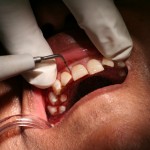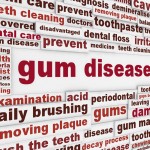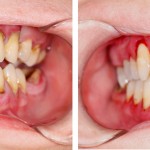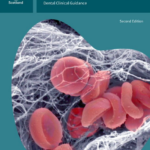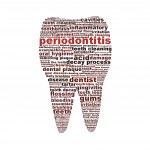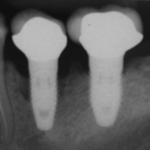
This review of the effectiveness of patient-performed or administered adjunctive measures to non-surgical peri-implantitis therapy included 9 RCTs. A wide range of interventions were tested but the studies were mainly small with only one being at low risk of bias. Consequently addition high quality well conducted studies are needed on both the prevention and treatment of peri-implant disease.
[read the full story...]